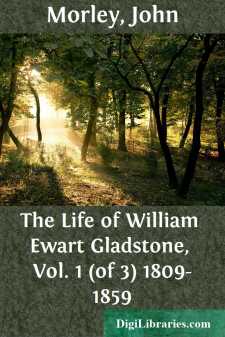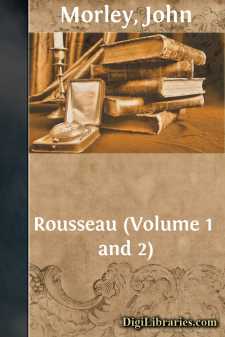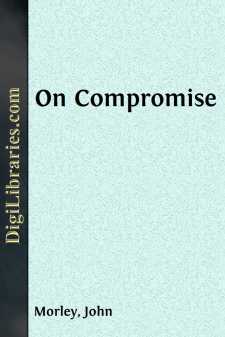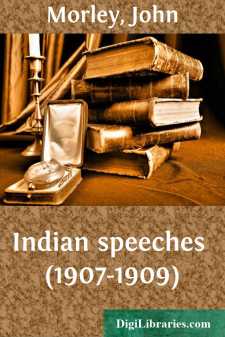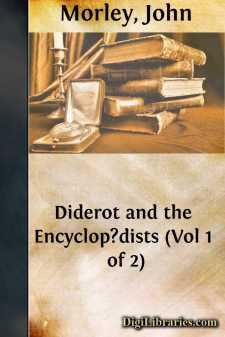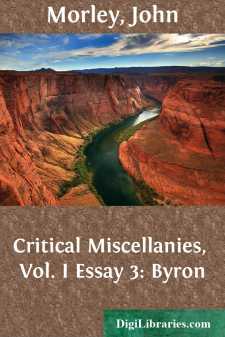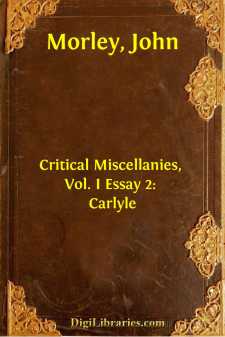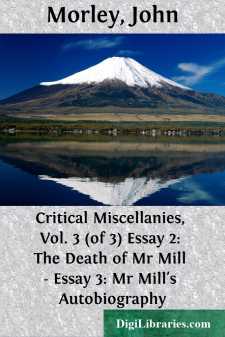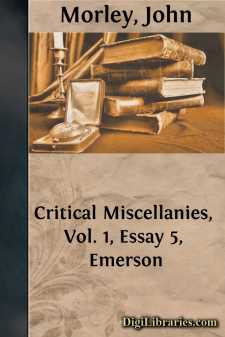Categories
- Antiques & Collectibles 13
- Architecture 36
- Art 48
- Bibles 22
- Biography & Autobiography 816
- Body, Mind & Spirit 145
- Business & Economics 28
- Children's Books 18
- Children's Fiction 14
- Computers 4
- Cooking 94
- Crafts & Hobbies 4
- Drama 346
- Education 58
- Family & Relationships 59
- Fiction 11831
- Foreign Language Study 3
- Games 19
- Gardening 17
- Health & Fitness 34
- History 1378
- House & Home 1
- Humor 147
- Juvenile Fiction 1873
- Juvenile Nonfiction 202
- Language Arts & Disciplines 89
- Law 16
- Literary Collections 686
- Literary Criticism 179
- Mathematics 13
- Medical 41
- Music 40
- Nature 179
- Non-Classifiable 1768
- Performing Arts 7
- Periodicals 1453
- Philosophy 66
- Photography 2
- Poetry 897
- Political Science 203
- Psychology 45
- Reference 154
- Religion 516
- Science 126
- Self-Help 86
- Social Science 82
- Sports & Recreation 34
- Study Aids 3
- Technology & Engineering 59
- Transportation 23
- Travel 463
- True Crime 29
John Morley
John Morley (1838-1923) was a British Liberal statesman, writer, and editor renowned for his contributions to politics and literature. He served as the Chief Secretary for Ireland and Secretary of State for India, advocating for Home Rule and liberal reforms. Morley is also remembered for his biographical works on influential figures like Edmund Burke and Voltaire, reflecting his deep engagement with historical and philosophical subjects.
Author's Books:
Sort by:
by:
John Morley
I am well aware that to try to write Mr. Gladstone's life at all—the life of a man who held an imposing place in many high national transactions, whose character and career may be regarded in such various lights, whose interests were so manifold, and whose years bridged so long a span of time—is a stroke of temerity. To try to write his life to-day, is to push temerity still further. The ashes...
more...
by:
John Morley
CHAPTER I. PRELIMINARY. Christianity is the name for a great variety of changes which took place during the first centuries of our era, in men's ways of thinking and feeling about their spiritual relations to unseen powers, about their moral relations to one another, about the basis and type of social union. So the Revolution is now the accepted name for a set of changes which began faintly to...
more...
by:
John Morley
CHAPTER I. INTRODUCTORY.The design of the following essay is to consider, in a short and direct way, some of the limits that are set by sound reason to the practice of the various arts of accommodation, economy, management, conformity, or compromise. The right of thinking freely and acting independently, of using our minds without excessive awe of authority, and shaping our lives without unquestioning...
more...
by:
John Morley
I ON PRESENTING THE INDIAN BUDGET (HOUSE OF COMMONS. JUNE 6, 1907) I am afraid I shall have to ask the House for rather a large draft upon its indulgence. The Indian Secretary is like the aloe, that blooms once in 100 years: he only troubles the House with speeches of his own once in twelve months. There are several topics which the House will expect me to say something about, and of these are two or...
more...
by:
John Morley
There was a moment in the last century when the Gallican church hoped for a return of internal union and prosperity. This brief era of hope coincided almost exactly with the middle of the century. Voltaire was in exile at Berlin. The author of the Persian Letters and the Spirit of Laws was old and near his end. Rousseau was copying music in a garret. The Encyclopædia was looked for, but only as a...
more...
by:
John Morley
CHAPTER I.OTHER DIALOGUES. We may now pass to performances that are nearer to the accepted surface of things. A short but charming example of Diderot’s taste for putting questions of morals in an interesting way, is found in the Conversation of a Father with his Children (published in 1773). This little dialogue is perfect in the simple realism of its form. Its subject is the peril of setting one’s...
more...
by:
John Morley
BYRON. It is one of the singular facts in the history of literature, that the most rootedly conservative country in Europe should have produced the poet of the Revolution. Nowhere is the antipathy to principles and ideas so profound, nor the addiction to moderate compromise so inveterate, nor the reluctance to advance away from the past so unconquerable, as in England; and nowhere in England is there...
more...
by:
John Morley
CARLYLE. The new library edition of Mr. Carlyle's works may be taken for the final presentation of all that the author has to say to his contemporaries, and to possess the settled form in which he wishes his words to go to those of posterity who may prove to have ears for them. The canon is definitely made up. The golden Gospel of Silence is effectively compressed in thirty fine volumes. After all...
more...
by:
John Morley
THE DEATH OF MR. MILL. (May 1873.) The tragic commonplaces of the grave sound a fuller note as we mourn for one of the greater among the servants of humanity. A strong and pure light is gone out, the radiance of a clear vision and a beneficent purpose. One of those high and most worthy spirits who arise from time to time to stir their generation with new mental impulses in the deeper things, has...
more...
by:
John Morley
Ralph Waldo Emerson was born at Boston, May 25, 1803. He was of an ancient and honourable English stock, who had transplanted themselves, on one side from Cheshire and Bedfordshire, and on the other from Durham and York, a hundred and seventy years before. For seven or eight generations in a direct and unbroken line his forefathers had been preachers and divines, not without eminence in the Puritan...
more...


